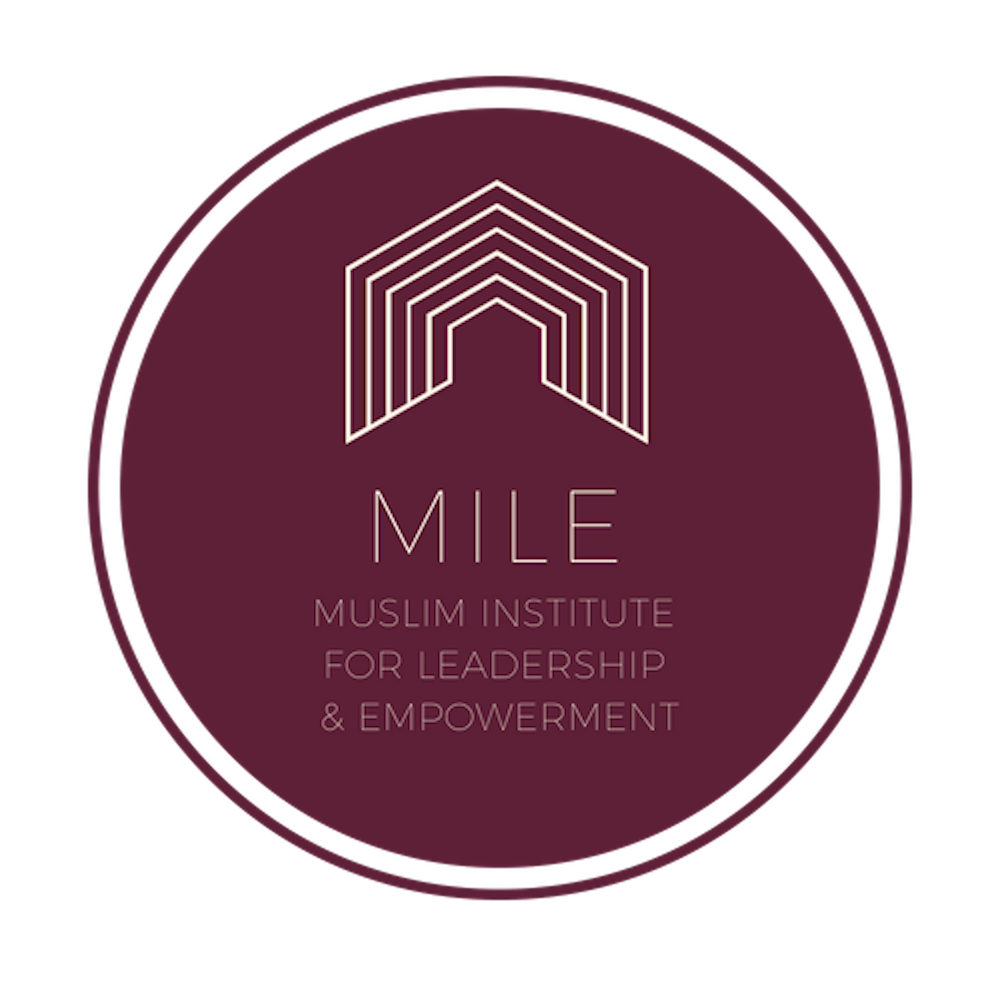Last semester, second-year Engineering student Ayman Ibrahim contemplated pursuing two leadership positions on Grounds. However, he doubted he would receive either one because he was just a first-year applying to be a part of two executive groups. He spent the semester learning about and preparing for leadership roles as a member of the Muslim Institute for Leadership and Empowerment. Ibrahim returned to Grounds this fall as the Muslim Student Association outreach chair and International Residential College’s minister of recreation — positions he believes he owes to all that he learned with MILE.
MILE was founded in 2018 by Class of 2018 alumni Al Ahmed and Zaakir Tameez to prepare first-year, second-year and transfer Muslims students for leadership roles and jobs in the University community and beyond. The idea came about after the two noticed the creation of leadership institutes for other minority students on-Grounds, such as the Latinx Leadership Institute and Black Leadership Academy, but none for Muslim students.
“I saw a hole for the Muslim community,” Ahmed said. “In my roles through MSA on the executive board … I saw so much promise in the Muslim community, but there wasn’t really anything to help the younger generation — the underclassmen — grow and develop and get involved with the University. That’s why I thought we should start something like MILE.”
Last semester, 34 students participated in the program while nine students held positions on its executive board. Students hoping to get involved must submit an application midway through the fall semester for participation in the program’s spring session. While completing an application may seem nerve-wracking, the process is meant as a way to ensure that students are truly interested in joining the program.
“Our application process isn’t meant to cut anyone or remove people,” said Ibtisaam Amin, fourth-year College student and MILE executive director. “It’s really just there to make sure that people who are applying for the program are invested in seeing it through and participating fully and will give an equal amount to the program as Muslim students.”
Once applications are in, the executive board conducts interviews with interested students, after which they begin the selection process for the cohort. There is not one type of Muslim student that the board considers the ideal candidate for the program, as they actively seek Muslim students from a broad range of religious, racial and cultural backgrounds.
As the program enters its second year, it is undergoing some structural changes. Last semester, the program consisted of 8 two-hour sessions, but this year, the number of sessions is increasing to 10 to allow MILE to cover more topics.
“[The meetings are] a catch-all for important things that Muslim students should be discussing at U.Va., but also to prepare them for leadership roles at U.Va. and beyond,” Amin said. “[Some of the topics are] identity and leadership, exploring careers, race and ethnicity, public speaking and interviews and Muslim examples of leadership.”
For Amin, one of the most impactful moments occurred in the wake of the mass shooting in Christchurch, New Zealand when a white nationalist killed 51 Muslim worshippers. MILE’s next meeting after the shooting became a place where students could debrief about the attack on members of their faith.
“I think that was a reflective time for us to be together in community sharing these feelings and thinking through what we can do to be supportive of one another … and to make space for ourselves within institutions that don’t always create that space for us,” Amin said. “Our goal is to provide Muslim students with the tools they need to be successful leaders … but to do that with pride in their Muslim identity and taking strength from it … rather than despite them.”
Hibah Berhanu, third-year College student and MILE codirector of programming, also loves how MILE allows them to delve into Muslim issues in the world.
“It’s a way for us to have a space and actually unpack all of those things, the things that affect Muslims externally and the things that affect us internally within the Muslim community,” Berhanu said. “It’s just really exciting that we now have the space that’s not specifically religious space but just a place where we can talk about institutions and power and privilege and things like that.”
As one of the students who had the opportunity to go through the program, Ibrahim felt the impact of MILE as it related to him growing more confident within himself and in his leadership skills.
“Public speaking was something that I also had a hard time doing because I was highly introverted, and now I’m more extroverted,” Ibrahim said. “I’m able to talk more and actually put out my thoughts in meetings, in committees … I have a lot of committee meetings so being able to voice my opinion and have a critical standpoint — MILE taught me all that.”
The skills like those mentioned by Ibrahim have helped many MILE cohort members gain leadership positions on Grounds, including those that are well-known for their selectivity. Two MILE participants now have Lawn rooms and there are eight residential advisors from the former cohort.
As a fourth-year now, Amin has been able to see the evolution of Muslim representation on Grounds, which MILE has helped to increase despite the group’s creation only a year ago.
“Coming into Grounds as a first year three years ago, there was really only one organization you could be a part of as a Muslim student that catered to that identity,” Amin said. “[MILE’s created] a space where the students in our cohort can talk about issues that are relevant to them and to their lives and their careers, and they’re doing all of that while they’re in a community of people who come from a shared faith background."
Applications for MILE’s spring 2020 cohort are now available and will close Oct. 31 at 11:59 p.m.







